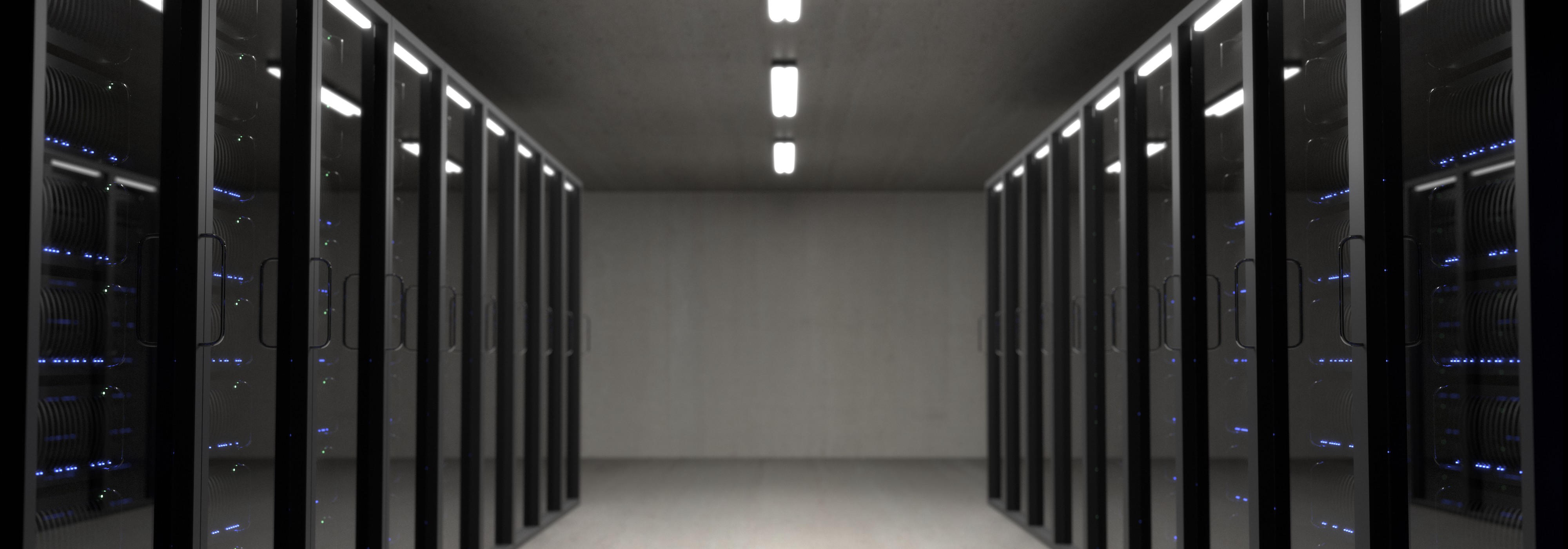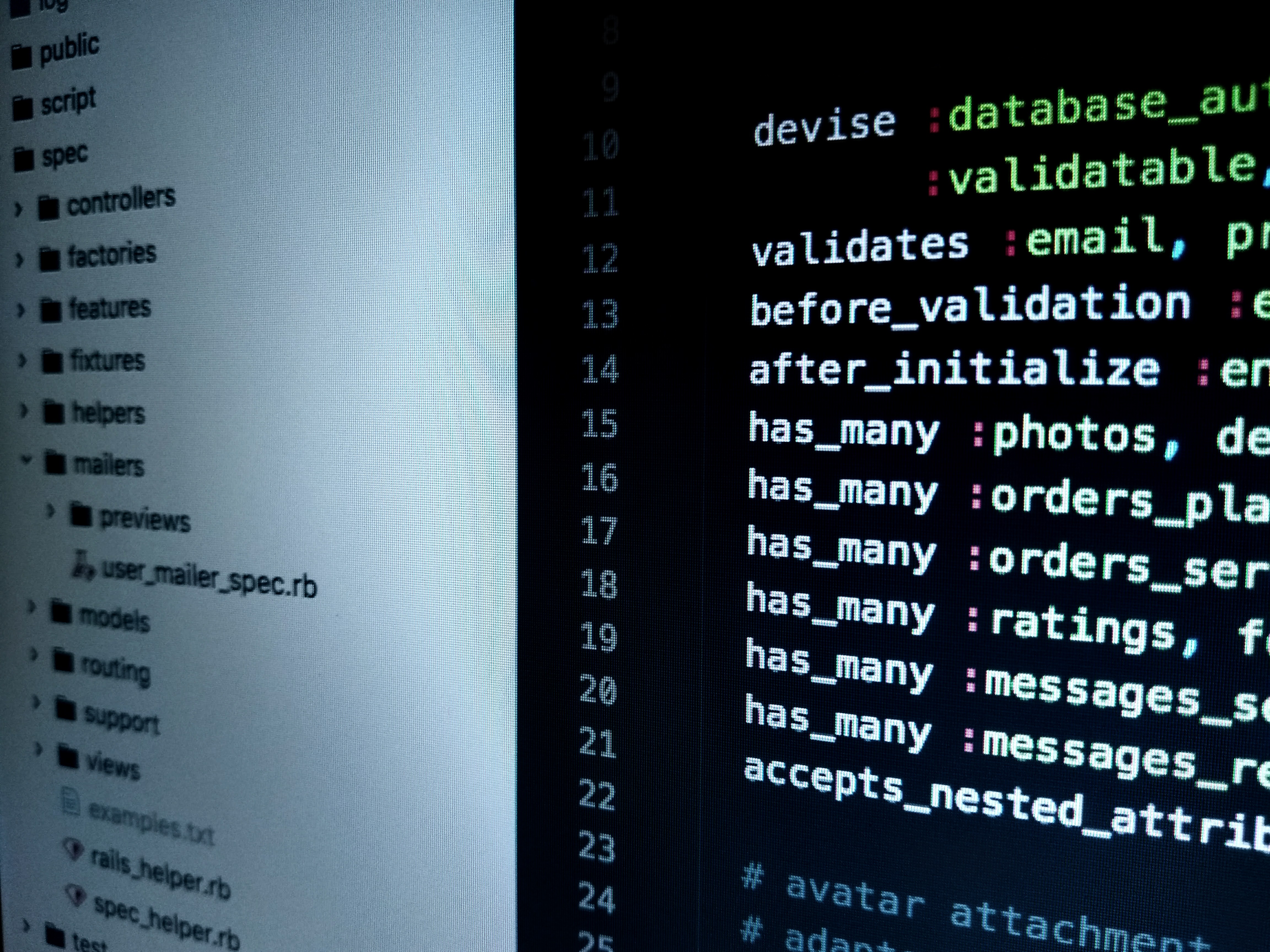Using Technology To Become More Accountable As A Business
Partnered Content.
If your company has ever found itself in a dispute with a supplier or customer, you might be wishing there was some way to track who said what and when. Email conversations make this somewhat easier. But with no framework or structure to communications, misinterpretations can easily happen. Temp workers, new recruits and those with a lack of training and experience can all make it even tougher. So how can you make sure what is said is what you mean? And how can you be certain it was understood?
Accountability is enormously important for companies these days. There are more laws and regulations than ever governing how we treat our customers. And insurance companies are making more and more demands when it comes to claiming some help should things go wrong. We can’t always rely on humans to get it right. Can you implement technologies and digital systems that might refine your processes?
VoIP
The telephone remains the preferred way of communicating with a business if a customer has a problem. Ultimately, when things go wrong, we want a real person to give us a real answer straight away. There might be a shift toward web-based live chat and Twitter. But customers know that speaking leaves less room for misinterpretation. But conversations are lost to the wind once they’re over, aren’t they?
Voice-over-Internet Protocol, or VoIP, offers a lot of advantages to a company. Many business sectors are required to record conversations with customers using business phone systems. VoIP is one of the most effective systems to facilitate that. It also allows your call center workers to log in from anywhere in the world if you need. Best of all, it means supervisors can easily listen in, and managers can retrieve parts of calls to highlight or use as training soundbites later on.
VoIP makes every worker and your entire business accountable. Records are available, software or app plugins can even transcribe for you, and you have accessibility. Precise timings are logged, and the data can be used as needed.
Collaborative Clouds
Working collaboratively means you can avoid key man dependency. When everyone in the team can access and edit the same documents, you have everyone’s input. This broadens the depth of knowledge used and provides a deeper level of accountability too. Each view or edit can be logged so that everyone knows who has worked on the document.

This system of working is ideal for customer call centers too. It means that detailed records are kept of every input. These can be tied into the transcription of calls as well. Each record can include notes about the actions an operator took to resolve customer problems. It helps should an ombudsman or regulatory body gets involved in a dispute. You can quickly and easily compile these records for their perusal.
Management and Training
The most effective use of the technologies we’ve discussed is for management and training. We all make mistakes, but while there is a need for a human element, there will be a need to use those mistakes in training scenarios. Best of all, you can use computer systems and technology to log training and results. You can even set up scheduling and reminders for employees to regularly attend update sessions.
When used effectively, typical office applications like calendars and scheduling can make managers more efficient. The systems are managing the managers in some respects. You can use them to eliminate the risk of human error. We all forget things, and we all need the odd sick day. If you use your software effectively, nothing is lost, tasks can be delegated, and reminders await your return.
Accountable for Budgets?
Installing these types of systems might also reduce your operational costs and overheads. If you’re accountable for spend and budget, then it makes sense to explore the different ways you can save money in your business. Remote working reduces the need for large, expensive office space. It might also reduce your employment costs. You might prefer to take workers on a freelance basis, making it easier to work with people from anywhere in the world.

IT costs might reduce too. Instead of installing hundreds of computer systems, remote workers use their own equipment. Updates to cloud-based networks rarely require hardware updates or even local changes. And VoIP reduces the need for landline connections and networks that rely on wires and specialist servicing.
Security
Most businesses are used to the odd disgruntled customer making a complaint. These things usually blow over quite quickly. But if an employee has a grievance, a company must respond appropriately and timely. Again, you might be facing a ‘he said, she said’ scenario that is very difficult to understand. Should you need to remove a member of staff from the business quickly, security can help make sure no harm is done to the business.

Logins should all be unique, and there should be a gatekeeper that can remove permissions quickly and easily. The same should go for access to your offices. Security key cards or pin numbers can help you keep track of who is coming and going from your business. It prevents trespassers. It ensures employees no longer permitted certain accesses are removed from the permissions list.
Security cameras with microphones are commonplace in offices these days. Again, the recordings can be kept for years and accessed from a laptop if required. This might help you get to the bottom of disputes. Employees also expect their activities on workplace computers to be thoroughly monitored too. So long as you’ve detailed the level of monitoring you do in the employee contract and handbook, you should be within your rights to do it.
IT and technology can make your business, your workforce, and even you accountable. It provides detailed records and can support disputes and claims. It makes sense to use it as it will encourage companies to do things ‘by the book’ and correct mistakes as they happen. Does your company use IT in this way?
